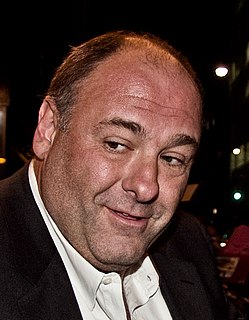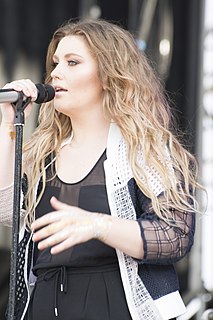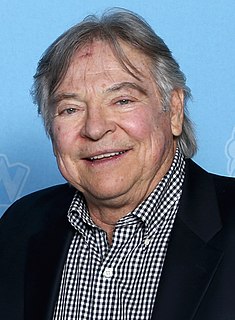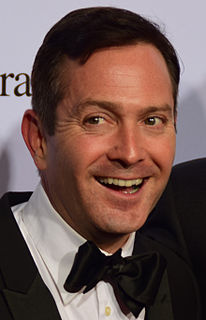A Quote by Iain Banks
Half the fun of writing a novel is finding out from other people later on what you actually meant.
Related Quotes
At the beginning of the project, I wasn't certain that I could come up with an engaging storyline and cast of characters in this world, so I had a strong bias toward actually writing, and worrying about research later. In other words, I was afraid that I'd devote a year or two of my life to grinding through Kant and Husserl, then discover that there simply was no novel to be written here.
I think I was also afraid of the novel. I write line by line, proceeding at snail's pace, rewriting as I go and paring the excess away. This is against all the best advice for writing long form prose, and I have tried over the years to break myself of the habit, but I can't bear to leave anything ungainly on the page and half the fun for me is that tinkering. So the length of a novel was a daunting prospect.
Writing has to do with truth-telling. When you're writing, let's say, an essay for a magazine, you try to tell the truth at every moment. You do your best to quote people accurately and get everything right. Writing a novel is a break from that: freedom. When you're writing a novel, you are in charge; you can beef things up.
Objectifying your own novel while writing it never really helps. Instead, I guess while you're writing you need to think: This is the novel I want to write. And when you're done you need to think: This is what the novel I wanted to write feels like and reads like and looks like. Other people might call it sweeping or small, but it's the book you chose.






































